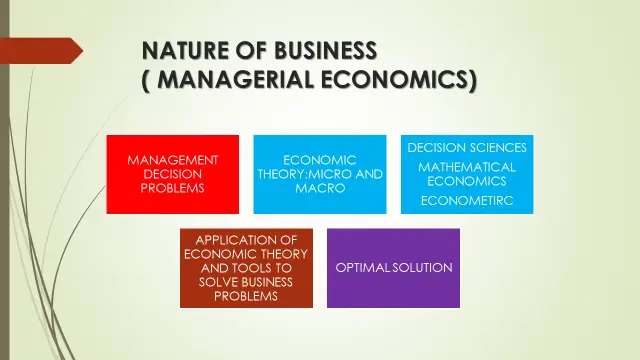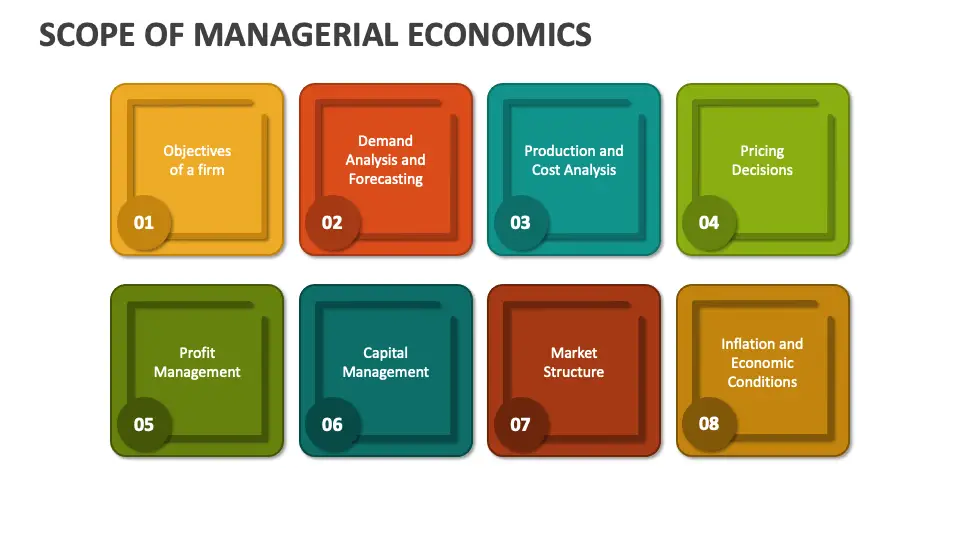What exactly does Managerial Economics Meaning, Principles & Structures
What precisely does “Managerial Economics” entail? It is believed that managerial economics applies economic theory and concepts to the process of making corporate decisions. It focuses on the ways in which economic analysis may be used to the formulation and resolution of issues that arise in business.

The field of managerial economics is relatively new, having emerged from the studies of academics in the beginning of the twentieth century who understood that firms had unique decision-making difficulties that were unable to be addressed using standard economic theories. This work led to the development of managerial economics as a subject. As time has passed, the study of management economics has evolved into its own unique area of research with its own body of knowledge and techniques of analysis.
Theoretical Foundations of Managerial Economics Definitions
“Managerial Economics: An Introduction” is the name of the book that L. Pappas and E. F. Brigham authored together on the topic of management economics. They describe management economics as “the integration of economic evaluation to making decisions inside an organisation,” with the emphasis that it should help managers make choices that will enhance the efficiency and profitability of the business.
Explain A Conceptualization of Managerial Economics
In its most basic form, managerial economics may be defined as the integration to economic theory and methodology to the process of making company decisions. It examines the ways in which managers put economic theories and methods to work in order to arrive at prudent judgements for their companies.

The gap that exists between the mathematical foundations of economics and the practise of management is closed by managerial economics. It makes recommendations based on microeconomic theory in order to help businesses run as effectively as possible. In addition to this, it integrates microeconomic evaluation to particular management issues, like as prices, product mix, capital allocation, and other such matters.
In addition, management economics makes use of econometric approaches in order to assess demand, anticipate future market circumstances, and test hypotheses on the linkages between factors that cause effects. The use of this information may result in improved decision-making across a variety of domains, including planning production, marketing, budgetary management, and management of human resources.
The First and Most Important Management Economics Principle
- The idea behind taking little steps at a time
- Marginal Principle
- The Principle of Opportunity Cost
- The Principle of Discounting
- The Principle of Time Perspective
- Equi-Marginal Principle

The Range of Application for Managerial Principle
- Analysis and Projections of the Demand
- An examination of both costs and outputs
- Decisions, Policies, and Practises Relating to Pricing
- Capital Management
- Administration of Profits

